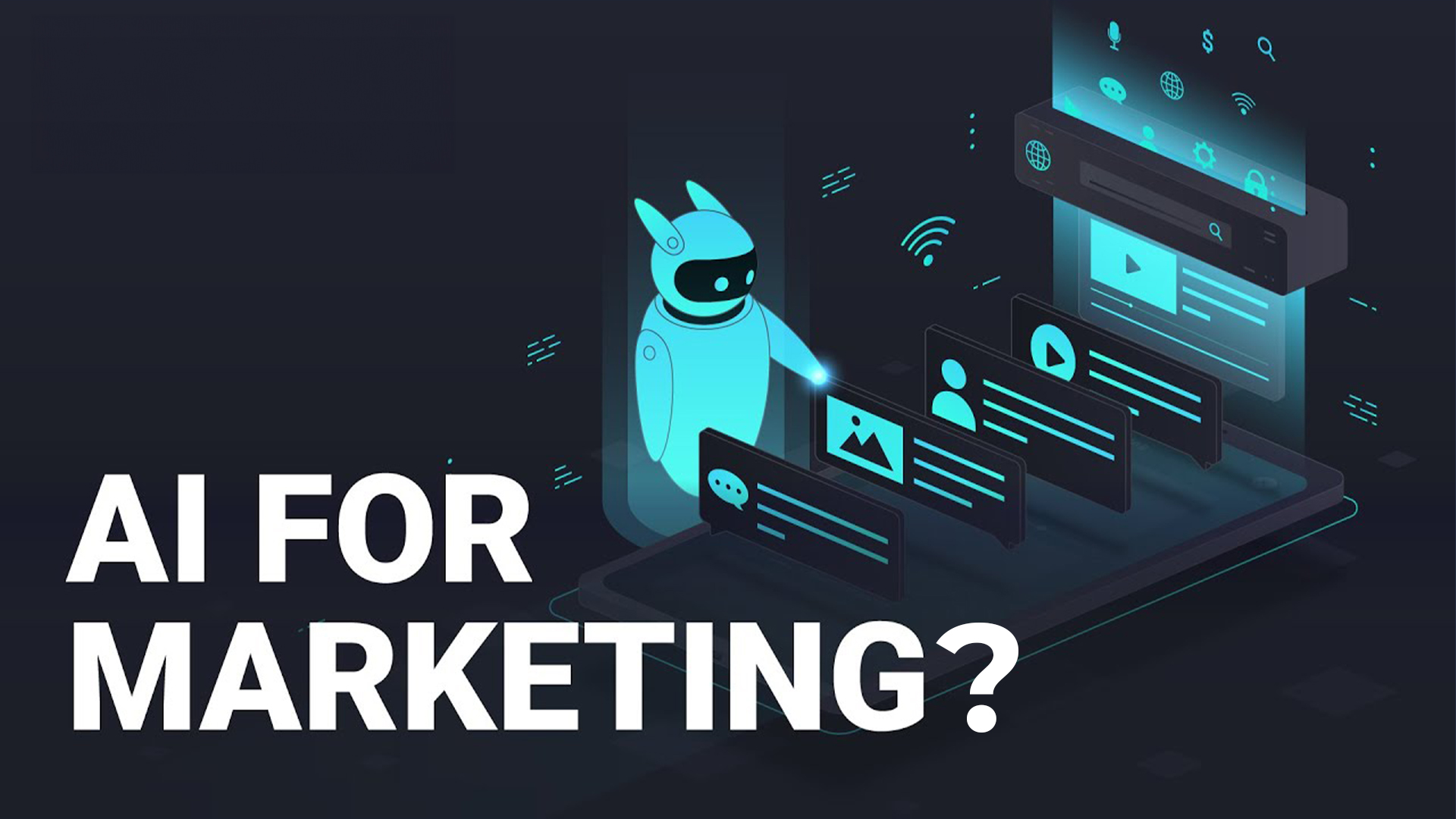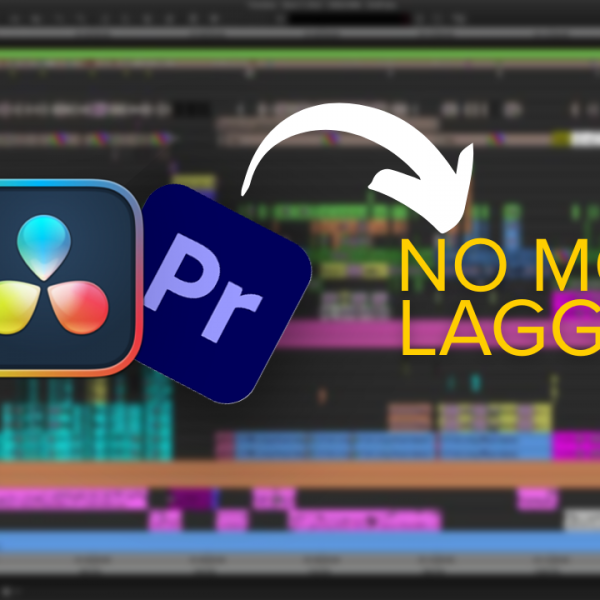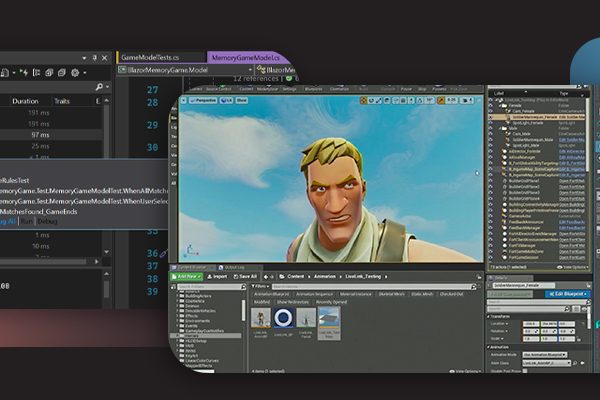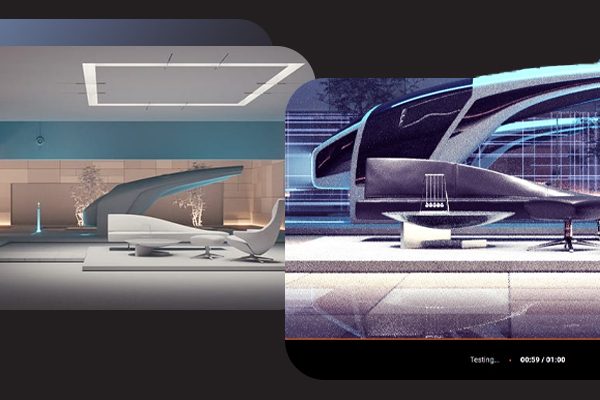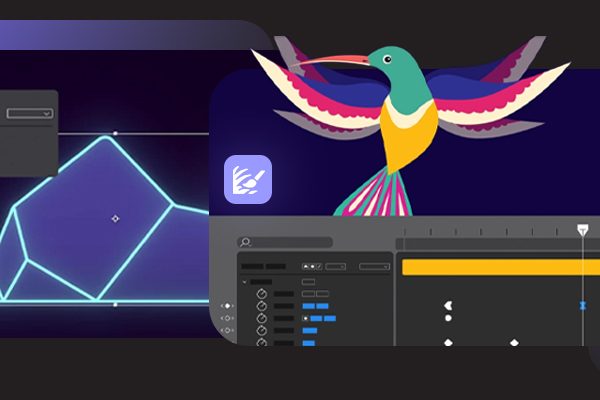The Hype Around AI: Do You Really Need an AI PC?
In today’s tech landscape, AI seems to be cropping up everywhere. From phones to refrigerators, and even products like thermal paste are getting the “AI” treatment. It’s a bit amusing to think that AI might soon make its way into everyday items – who knows, maybe AI-powered pajamas are just around the corner.
But beyond the novelty, there’s an important question: Is this AI integration actually meaningful, or is it more about clever marketing? Are we being pushed to buy into the hype without needing these new features?
The AI Craze: What’s Behind the Marketing?
A lot of the excitement around AI has less to do with breakthroughs in technology and more to do with marketing strategies. Over the past few years, AI has evolved into the buzzword that tech companies use to push new products and services. Everything from laptops to software now boasts some form of AI integration. But how often is this AI genuinely revolutionary?
Consider laptops that come with auto-presence detection. In theory, it sounds innovative – your device wakes up when you approach it, thanks to its AI sensor. But, in practice, is it really changing the way we use technology? Some might argue it’s a minor convenience, but it’s certainly not a feature worth upgrading an entire machine for.
Then there are tools like MS Paint, which now claims to have AI-powered features. In reality, many of these so-called AI features are similar to tools that have been around for a while like Nvidia Canvas, which has been helping users create art through AI since 2021. And while AI can handle tasks like automatic captions or translations, these aren’t always as seamless or accurate as advertised.
The Myth of the “AI PC”
Now, let’s talk about AI PCs. There’s been a noticeable trend lately, where companies are marketing computers specifically as “AI-ready” or “AI-powered,” as if you need an entirely new device to handle the increasing demand for AI tasks. But in reality, the concept of an “AI PC” is more myth than necessity.
For years, Nvidia has been building AI capabilities into their GPUs, with Tensor Cores being part of their hardware since the 20-series graphics cards. This means that most modern PCs are already well-equipped to manage AI workloads, without needing any special upgrades.
In fact, Microsoft’s Copilot will soon be leveraging these existing Nvidia GPUs, proving that you don’t need a brand-new machine to take advantage of AI features.The truth is, if you have a decent computer with a GPU from the past few years, you already own an AI-capable PC. The push to buy a new device specifically for AI tasks feels more like a marketing strategy than a technological requirement.
What’s Driving the AI Push?
Much of this AI push seems driven by the fact that AI is the current hot topic in tech marketing. Just like we saw with the term “smart” a few years ago – when everything from phones to TVs had to be “smart” – we’re now seeing the same pattern with AI. The marketing around AI is often less about how groundbreaking the technology actually is, and more about creating a sense of urgency to buy.
But here’s where things get interesting. While AI has undoubtedly made some significant strides, especially with advancements like ChatGPT, most of the developments since 2021 have been more incremental than revolutionary. AI can now generate images and videos, but these tools aren’t replacing human creativity anytime soon. An AI-generated video or artwork still lacks the depth, precision, and intention that a professional artist brings to their work.
Similarly, AI can help with tasks like summarizing information or even writing simple scripts. However, it still falls short in areas where expertise and nuance are required. It’s a useful tool, but it’s far from being a complete replacement for human intelligence or creativity.
The Cloud vs. On-Prem AI Debate
There’s another layer to the AI discussion that often gets overlooked, and that’s where AI is being processed. Many AI features today are cloud-based, which means your data is sent to remote servers to be analyzed. This opens up serious concerns about data privacy. It’s not just personal information that’s at risk, but also valuable corporate data—intellectual property, trade secrets, and other sensitive details.
For many, the solution is on-premise AI, where the processing happens locally on your machine. This approach offers more security and privacy, and for most tasks, it doesn’t even require a significant boost in computing power. Unless you’re doing something incredibly resource-intensive, like generating complex video files, on-prem AI processing is more than capable of getting the job done.
AI Marketing: Creating Demand Where It Might Not Exist
One of the key drivers behind this AI push is marketing. Companies are keen to capitalize on AI’s popularity by introducing products that have just enough AI-related features to create the perception of innovation. But the reality is that many of these features are more about adding buzzwords than offering real value.
Some AI tools are undoubtedly useful—like Excel’s Copilot, which automates tasks like data validation. But for every genuinely useful feature, there’s an equal number that feel more like gimmicks. The danger lies in being swept up by the excitement and believing that every AI-powered product is essential, when in fact, most of them are not.
Don’t Get Caught in the AI Hype
At the end of the day, the AI revolution is real, but it’s not as far-reaching as the marketing suggests. While AI can enhance certain tasks and streamline processes, the vast majority of consumers don’t need to rush out and buy the latest AI-powered product.
If you’re already working with a relatively recent PC, especially one with an Nvidia GPU, you’re already set up for AI workloads. The notion that you need to buy a new “AI PC” is more about generating sales than about meeting an actual need.
AI is here to stay, and there’s no doubt it will continue to evolve. But for now, don’t fall for the hype. Your current setup is probably more than capable of handling the AI tools available today. The future of AI is exciting, but it’s still just that—the future.AI is all the rage, but much of the excitement is just marketing hype. Most modern PCs can handle AI tasks without needing an upgrade. If you’re thinking of a new build, our experts are here to help. Visit us in Hyderabad, Gurgaon, Bangalore, or Mumbai, or check our website we’ve been shipping PCs across India since 2015. Cheers!

